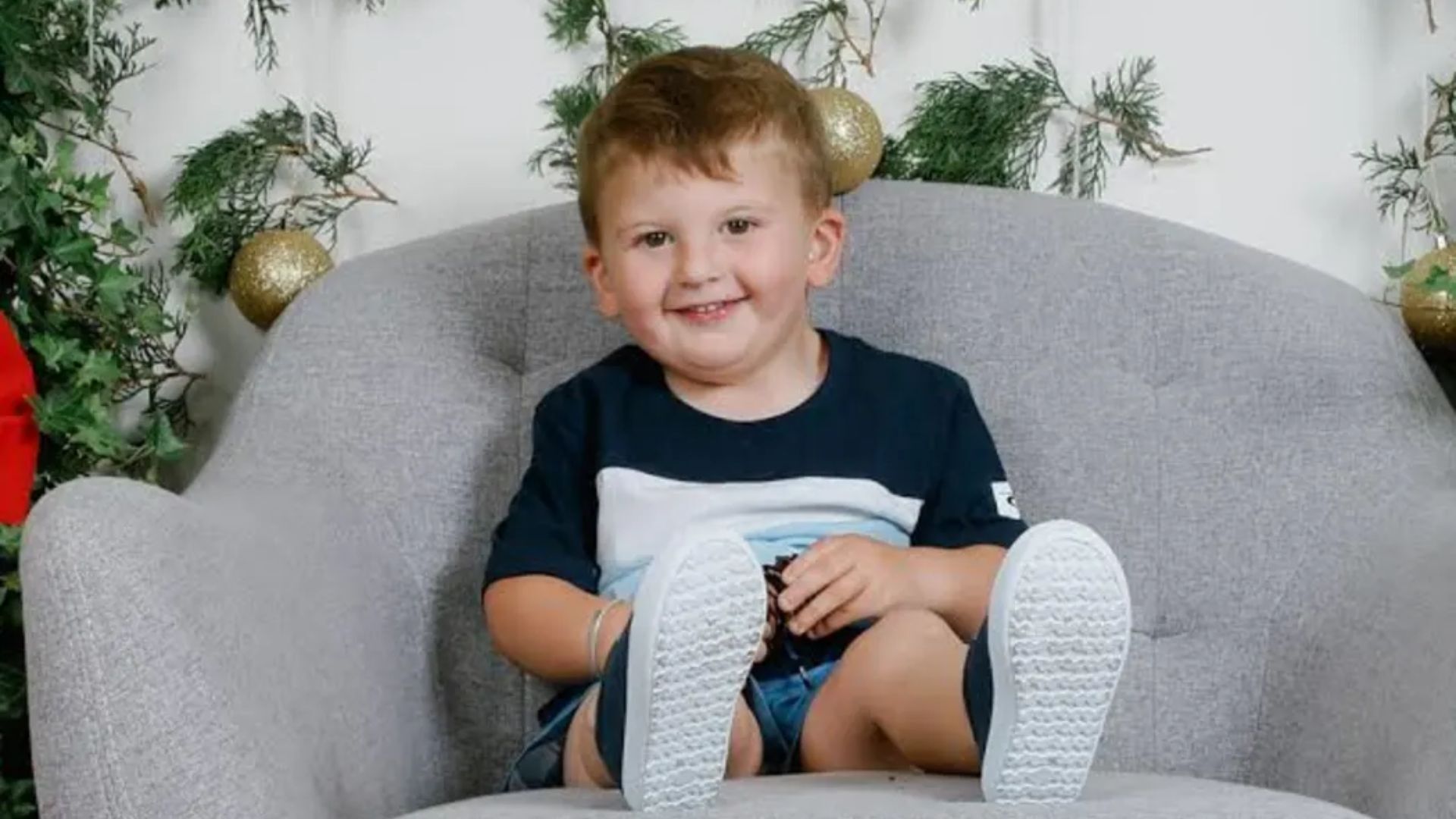Health
Systemic Failures in Care Lead to Toddler’s Tragic Death

A recent report has revealed significant shortcomings in care at Grey Base Hospital in Greymouth, New Zealand, following the preventable death of three-year-old Alexzander Sutherland-Hunt. Known affectionately as Zandy, he succumbed to septic shock in July 2020 after critical lapses in medical attention by hospital staff. The findings, published by New Zealand’s Health and Disability Commissioner (HDC), indicate that systemic failures contributed to this tragedy, prompting urgent calls for reform within the healthcare system.
Critical Failures Identified
The HDC’s investigation, led by Deputy Commissioner Rose Wall, highlighted that both a junior locum doctor and a nurse, who had insufficient pediatric training, failed to respond adequately to Zandy’s deteriorating condition. Wall noted that these failures reflect wider issues within Health NZ’s rural hospital framework, where inadequate resources often result in inexperienced staff working alone. “The staff did not have adequate CPR and paediatric-specific emergency training,” Wall stated, emphasizing that this was a systemic failure by Health NZ.
Zandy was brought to the emergency department by his parents, Matt Hunt and Sapphire Sutherland-Hunt, experiencing fever and vomiting. Initially suspected of having early appendicitis, he was placed under the care of a registered nurse, referred to as RN A. This nurse, who had trained overseas, was not updated on pediatric emergency protocols. As Zandy’s condition worsened overnight, his mother raised concerns, but the nurse dismissed them and continued to report stable scores in the Paediatric Early Warning System (PEWS), despite clear signs of distress.
At approximately 03:30, another nurse observed a rash on Zandy’s face and trunk, an alarming indicator of sepsis. The on-call physician, identified as Dr B, assessed the boy but delayed administering broad-spectrum antibiotics while awaiting lab results, contrary to established guidelines. Unfortunately, by the time Zandy experienced cardiac arrest, crucial intravenous fluids had not yet been administered.
The HDC’s report cited that RN A administered incorrect doses of adrenaline during the prolonged resuscitation efforts. Dr Sarah Clarke, a rural medicine specialist, described the care provided as “a severe departure from the accepted standard,” underscoring how the lack of immediate IV fluids and delayed antibiotics were catastrophic for a child in septic shock.
Accountability and Reforms
The HDC ruled that both Dr B and RN A breached the Code of Health and Disability Services Consumers’ Rights. Health NZ was also found culpable due to inadequate training, oversight, and staffing practices. Zandy’s parents characterized their son as “gentle, cheeky, and outrageous,” recalling the heartbreaking moment he stopped breathing in his mother’s arms. “The lack of care he got, right down to when he passed away, was heartbreaking,” Sapphire Sutherland-Hunt reflected. “We were just left in that room for hours. Nobody said sorry.”
The couple expressed frustration at having to relive the trauma through multiple investigations and indicated that they felt unsupported throughout the process. They criticized the hospital’s aftercare and expressed skepticism about recent reforms preventing future tragedies.
In response to the report, Dr Brendan Marshall, chief medical officer for Health NZ’s West Coast region, issued a public apology, acknowledging the organization’s failure to provide the necessary standard of care. He outlined several changes implemented since Zandy’s death, including the cessation of sole-charge night shifts for nurses, enhancements to emergency and CPR training, and the introduction of new pathways for escalation and family support. “We are committed to learning from this event and taking every step necessary to ensure it does not happen again,” Marshall stated.
The HDC has called for ongoing oversight to ensure that clinical staff in rural hospitals are appropriately qualified and supported. For Zandy’s family, the pain of their loss remains profound. “No words can mend the deep wounds we carry,” they remarked. “We just want other parents to know, they can question, they can speak up, and they can demand care.” The tragic case has resonated deeply in the community, serving as a stark reminder of the necessity for systemic improvements in healthcare delivery.
-

 World3 months ago
World3 months agoTest Your Knowledge: Take the Herald’s Afternoon Quiz Today
-

 Sports3 months ago
Sports3 months agoPM Faces Backlash from Fans During Netball Trophy Ceremony
-

 Lifestyle3 months ago
Lifestyle3 months agoDunedin Designers Win Top Award at Hokonui Fashion Event
-

 Sports3 months ago
Sports3 months agoLiam Lawson Launches New Era for Racing Bulls with Strong Start
-

 Lifestyle3 months ago
Lifestyle3 months agoDisney Fan Reveals Dress Code Tips for Park Visitors
-

 World3 months ago
World3 months agoCoalition Forms to Preserve Māori Wards in Hawke’s Bay
-

 Health3 months ago
Health3 months agoWalking Faster Offers Major Health Benefits for Older Adults
-

 Politics3 months ago
Politics3 months agoScots Rally with Humor and Music to Protest Trump’s Visit
-

 Top Stories3 months ago
Top Stories3 months agoUK and India Finalize Trade Deal to Boost Economic Ties
-

 World3 months ago
World3 months agoHuntly Begins Water Pipe Flushing to Resolve Brown Water Issue
-

 Entertainment3 months ago
Entertainment3 months agoExperience the Excitement of ‘Chief of War’ in Oʻahu
-

 Science3 months ago
Science3 months agoNew Interactive Map Reveals Wairarapa Valley’s Geological Secrets









